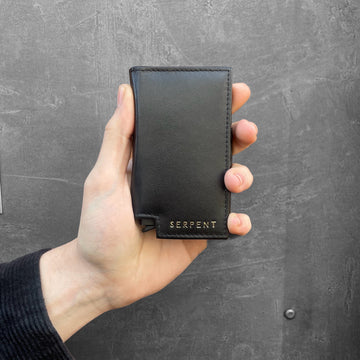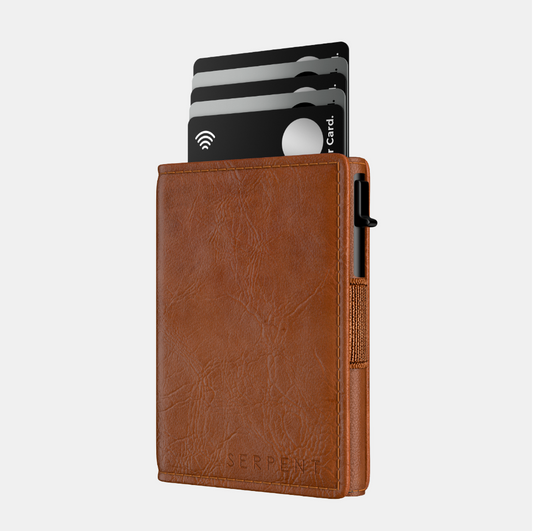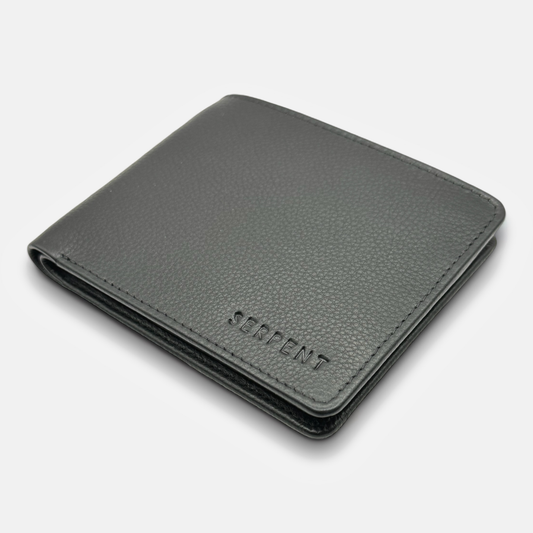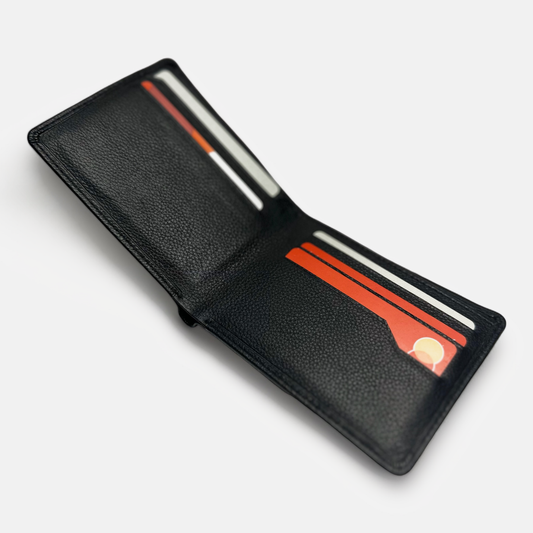
Playing Defence: Why RFID Protection in Wallets is a Smart Move.
In a world where technology reigns supreme and convenience is king, it's easy to overlook the potential risks that come with our shiny new gadgets. Take your wallet, for example. It's not just a home for your hard-earned cash and prized plastic cards anymore. Thanks to RFID (Radio-Frequency Identification) technology, your wallet has become a potential target for tech-savvy thieves looking to swipe your sensitive information without you even realizing it.RFID-enabled credit cards and IDs have revolutionized the way we pay and identify ourselves. With just a wave or tap, transactions are quick and seamless. But this convenience comes at a cost - your privacy and security. RFID chips embedded in these cards emit radio waves that can be intercepted by unauthorized devices, allowing cybercriminals to remotely skim your personal data without ever touching your wallet.Enter RFID protection in wallets - the unsung hero in the battle against digital pickpocketing. These specially designed wallets employ materials that block RFID signals, creating a virtual shield around your cards and keeping your information safe from prying eyes. It's like giving your wallet a suit of armor in the digital age.So why should you care about RFID protection in wallets? Well, imagine waking up one day to find your bank account drained, your identity stolen, and your credit score in shambles - all because you neglected to safeguard your cards. It's a nightmare scenario that's all too real for many unsuspecting victims of RFID theft.By investing in an RFID-protected wallet, you're not just guarding your financial assets; you're proactively defending yourself against a silent and invisible threat. It's a small price to pay for peace of mind in an increasingly connected world.In the age-old game of cat and mouse between innovators and opportunists, staying one step ahead is key. So, the next time you reach for your wallet, remember to choose defense over complacency. After all, when it comes to protecting your cards, it's better to be safe than sorry.




